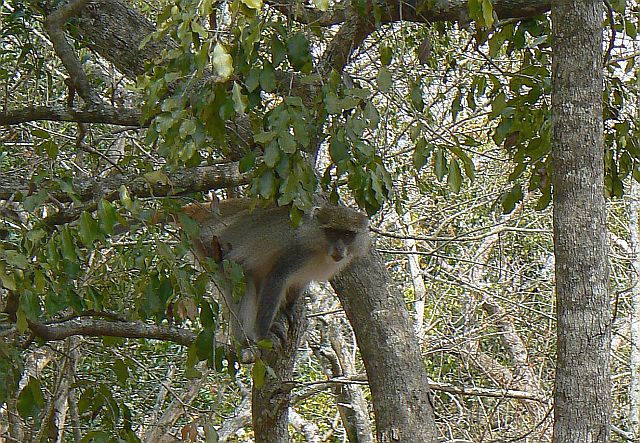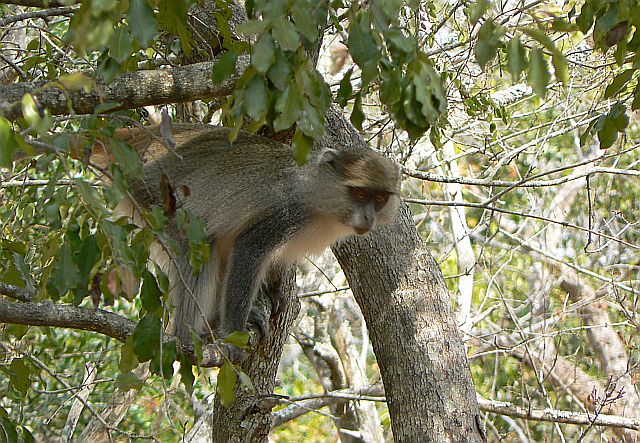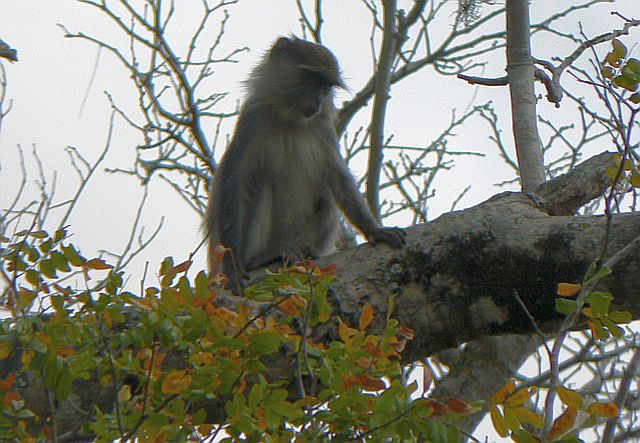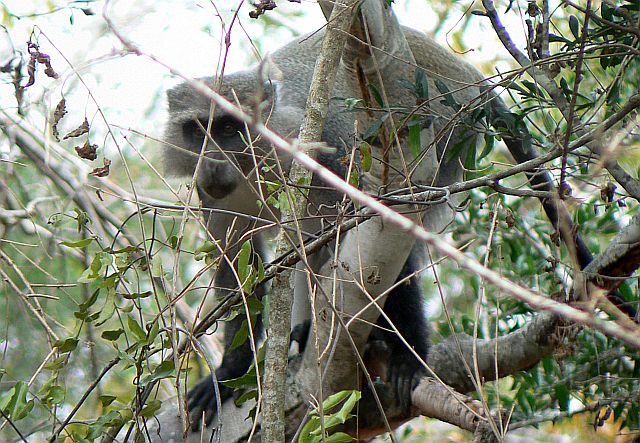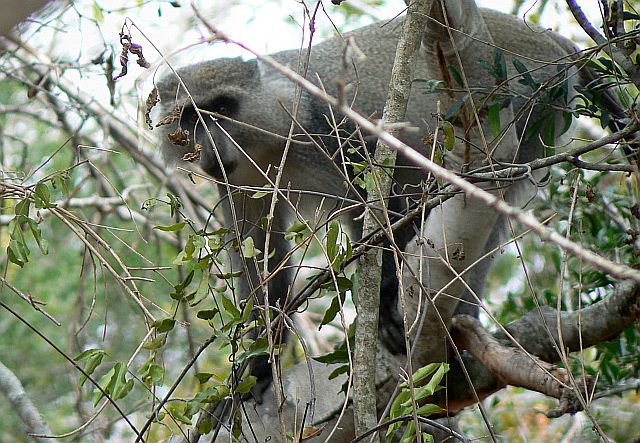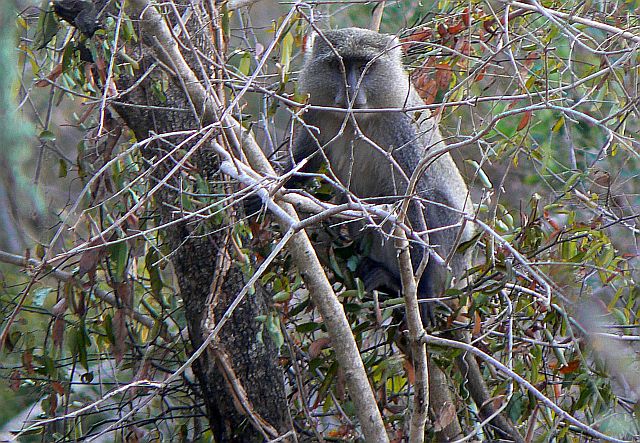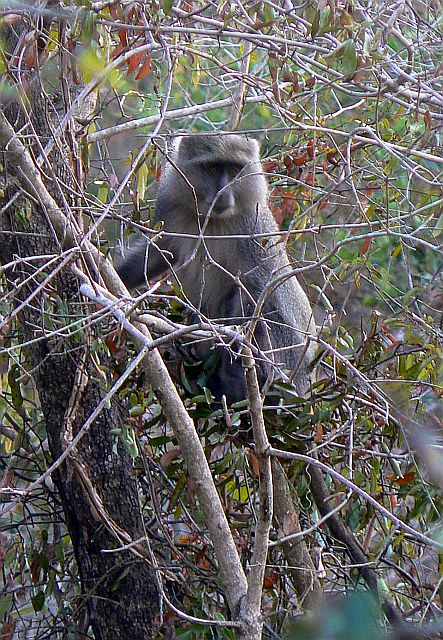Paging through an old Custos magazine we came across an article about the reintroduction of Samango monkeys into Kruger, and wondered what happened to the rare primates.
Between 1982 and 1988, a total of 95 Samango Monkeys were reintroduced into the Kruger National Park (KNP) in the Pafuri area. The rare monkeys came from the Entabeni state forests near Louis Trichardt, where they were causing a problem in the plantations.
Samango monkeys disappear in Kruger in 1991 drought
The monkeys were stripping bark from young pine trees, damaging and in some cases killing the trees. The Pafuri area was chosen as the site for the relocation as samango monkeys were previously recorded in the area near the Luvuvhu River, up until 1959After that, the monkeys were not seen again, and neither was their characteristic booming call heard. Even the old rangers who know the area like the back of their hand have not seen the primates since the 91-92 drought. Some people suspect that the monkeys disappeared into Mozambique, but Kobus believes conditions were too harsh in the entire region for the introduced animals to survive.The loss of indigenous vegetation led the Samango Monkey being placed South Africa's endangered species list. Conservationists are making efforts to reserve the species from becoming extinct. Spotting the Samango Monkey is now seen as a special event. These specimens are commonly spotted in the coastal forests of St Lucia estuary in KwaZulu-Natal and in the Afro-montane forests of Mpumalanga. The Samango Monkey (Cercopithecus mitis) is also known as the blue or Sykes monkey. It usually occurs in isolated patches, frequently in coastal forest, and is an endangered species.The monkey has very distinctive patch of hair over its eyes, and has a generally thicker and darker coat than a vervet monkey. It avoids the sunlight and spends most of its time in the canopy of evergreen forests.They mostly eat fruit (with a special fondness for figs), leaves, insects, caterpillars and flowers. One of the most characteristic features of this monkey, other than its facial hair, is its booming call. Populations of samango monkeys occur naturally on the Drakensberg Escarpment in the Blyde River area, and also in Magoebaskloof near Tzaneen.
http://www.krugerpark.co.za/krugerpark- ... 21398.htmlPlease check Needs Attention pre-booking: https://africawild-forum.com/viewtopic.php?f=322&t=596
